Taking care of your back is more beneficial than you might know. Your back muscles play a critical role in supporting your body’s function.
You must ensure your back is safe from pressure and pain if you want to keep your body healthy. Supporting your back is an effective way to protect it.
Why Your Back is Important
Protecting your back means optimizing your body’s functioning. Here are some of the primary functions of the back:
-
It Supports the Spine
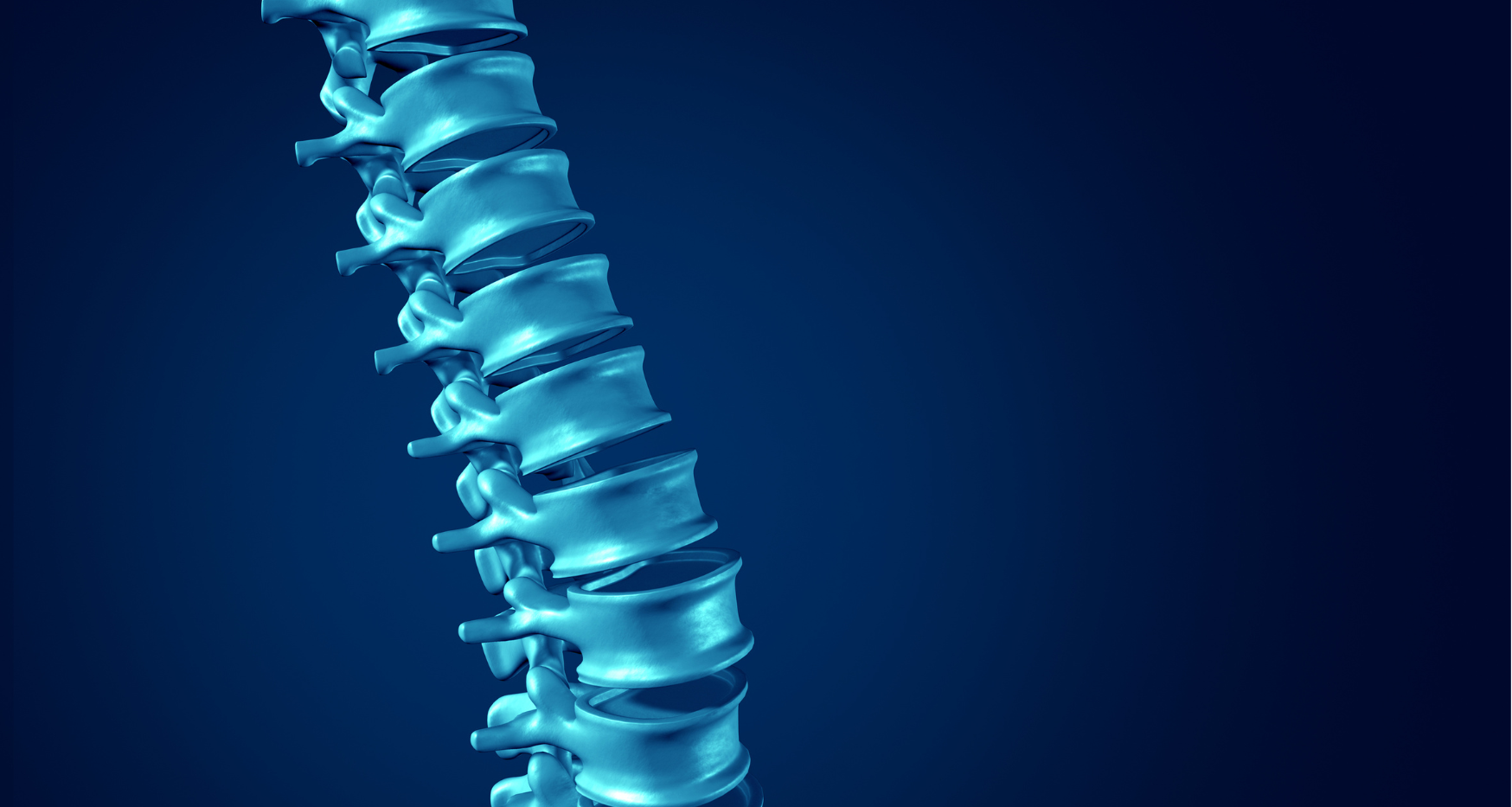
Your back helps to keep your spine in position. The spine contains a set of bones that run below your skull to your tailbone. These bones need to stay in position to enclose the spinal cord.
The spinal cord supports the connection between the brain and the rest of the body by transporting nerve signals back and forth. Therefore, the spinal cord must operate smoothly to ensure that the correct signals reach the brain and other body parts.

When your back is in the proper position, your spine stays in its correct shape, allowing nerve signals to move through the spinal cord without interruption. However, your spine could alter its usual position if your back strains too much.
-
It Helps with Mobility
Many healthcare professionals mentioned that the back plays an essential role in supporting mobility. You need your back for numerous activities, including moving your limbs, bending over, standing up, sitting down, and moving your neck and torso.
You might be wondering how the back helps you move some parts of the body, such as the limbs and neck. The back supports the movement of signals throughout the brain by supporting the spine.

Each part of the spine facilitates the functioning of a specific body part by sending nerve signals from the brain. For instance, the cervical spine (C1-C7), which is the topmost part of the vertebrae, allows all forms of motions in the neck. The lowest part of the cervical spine (C7) enables hand and arm movements. Further, the lumbar spine, which is in the lower back, facilitates leg movements.
-
It Supports Your Breathing
The back contains muscles that allow you to breathe correctly. The breathing system connects to these muscles through the diaphragm, which sits below the lungs, separating the chest from the abdominal cavity.

The diaphragm links the breathing system to the thoracic and lumbar parts of the spine. Therefore, when you breathe in and out, these back muscles contract and relax to reinforce the diaphragm. For instance, the lower back has muscles (quadratus lumborum) that help the diaphragm pull the lower ribs down when you exhale deeply.
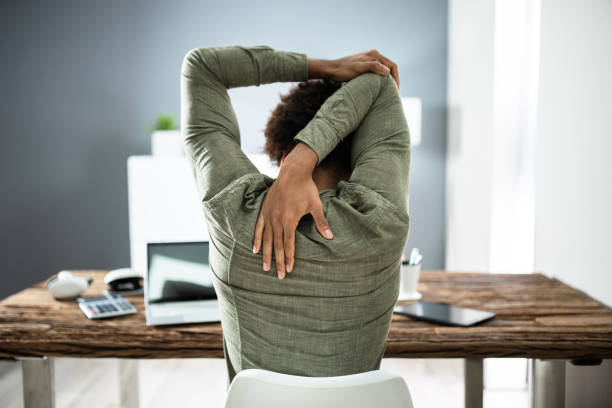
Your back also helps you with breathing because it supports the spine. When you breathe, the spinal cord transports nerve signals from the brain to the breathing system through the cervical spine. Specifically, C3, C4, and C5 receive these signals, causing them to initiate the contraction of the diaphragm. The movements of the diaphragm facilitate breathing.
-
It Helps You Maintain an Upright Posture

You need your back to stay upright, whether sitting or standing. Your back enables you to fold your body, but you also need it to get back upright. You specifically need your back to be in good shape to stay upright. If you have pain or discomfort, you could have trouble standing or sitting up straight.
Why Your Back Needs Support
Here are some reasons why you should provide support for your back:
-
It Prevents Back Pain
If you sit in the same position for long hours, you will likely suffer back pain. You could sit in a position that is uncomfortable for your spine and strain your back. Back support is a suitable way to protect you from this agony.

Supporting your back helps you get the reinforcement you need to maintain the correct posture. With the right tool to support your back, you can stand or sit in a position that keeps your back from getting hurt.
-
It Provides Pain Relief
If you already have low back pain, you could still get some relief by supporting your back. You could be in pain from putting too much pressure on your back. Therefore, back support could help ease the pain by relieving the pressure.
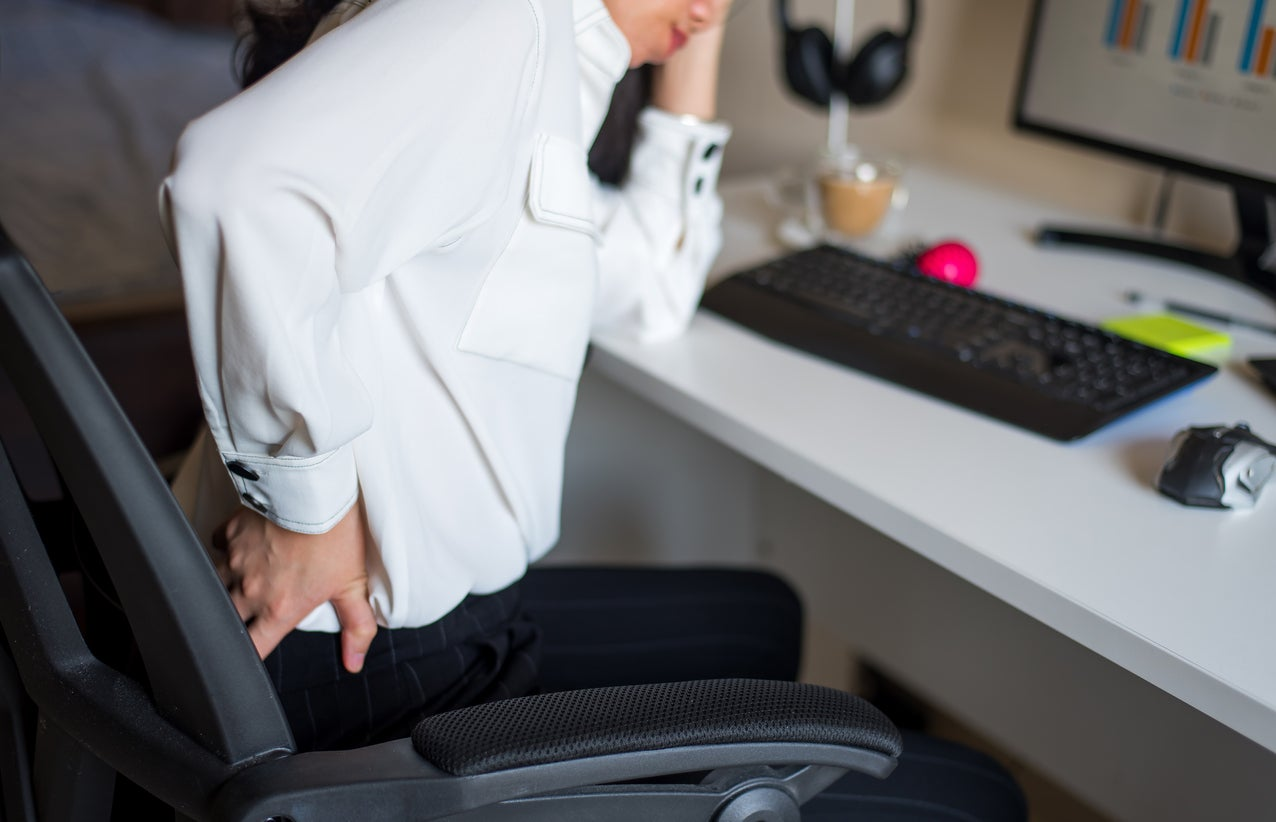
It would help to talk to a medical professional so they can help you get the right tools for your condition. You might need more than just back support if the pain is severe. Some conditions like herniated discs require medical attention. Therefore, back support might only be a temporary solution.
-
It Keeps Your Body Upright
If you have experienced back pain, you’ve probably struggled to stand or sit upright. An incorrect posture can only worsen your condition since your spine needs to retain its curve.

Back support protects you from poor posture by keeping your back upright. If you are struggling, you can use posture correction devices like back braces to maintain an upright position.
-
It Reduces Back Pressure
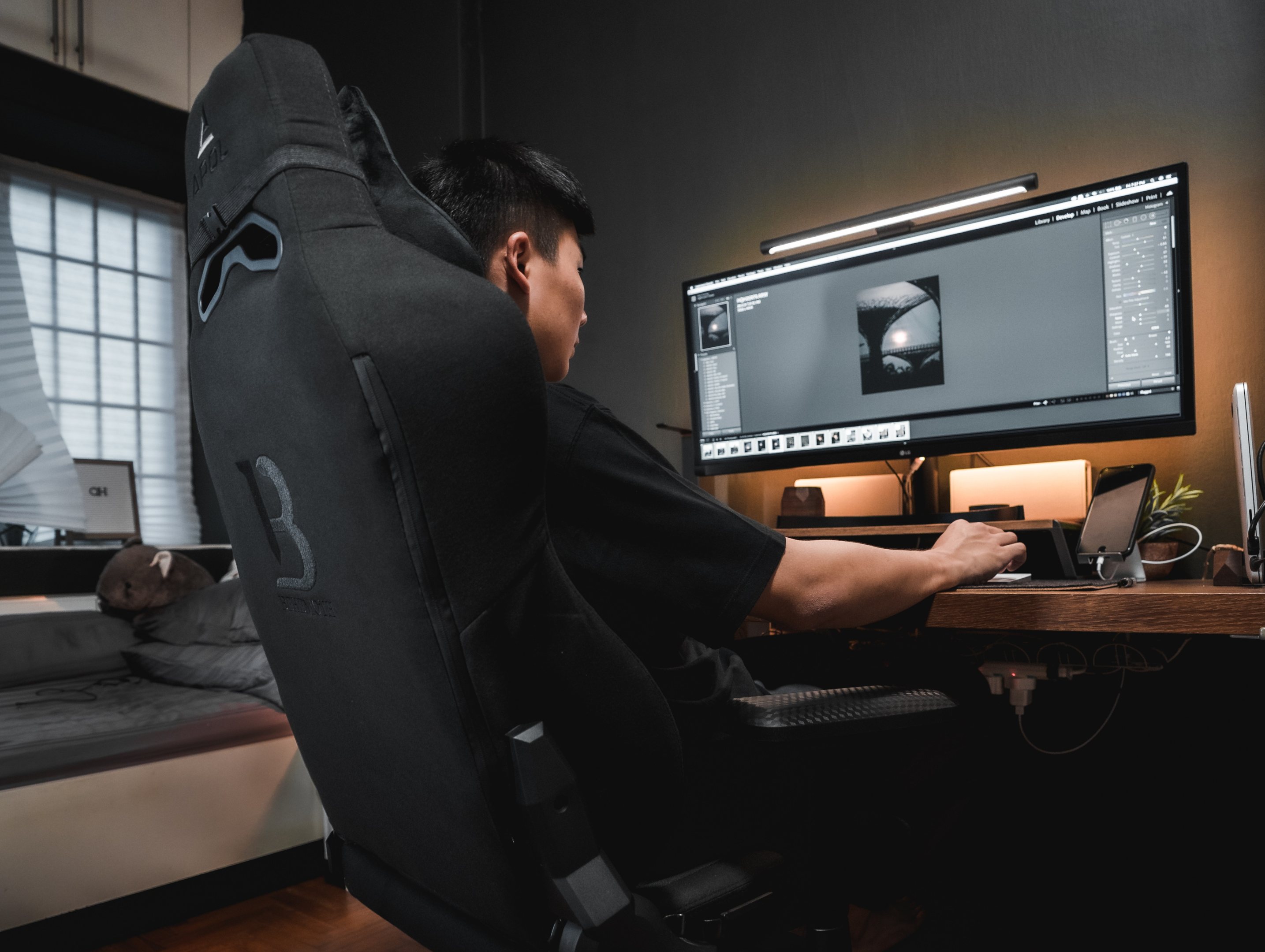
Working for long hours, especially while seated, can be harmful to your lower back. You could be applying pressure on your lower back if you maintain one position without support. However, you can reduce this pressure with the correct back support tools. You could have an easier time working in your office if you have additional support to protect your back from too much strain.
-
It Prevents Back Damage
Using back support can protect your back from damage. You could eventually suffer back damage if you strain for too long. You could end up with chronic back pain or develop health conditions if the damage is severe.

If your back needs extra support, ensure that you get it. Keep your back comfortable to prevent it from bearing too much pressure.
-
It Stabilizes the Back after Injury
After an injury, your back might need extra support to stabilize. Back support tools can help you get back in shape and fast-track your recovery.
If you suffer a back injury, it will help you seek professional medical advice on recovering from the pain. Medical professionals can help you get a lumbar support tool that helps you recover while preventing you from causing any more harm to your back. People recovering from back injuries need highly effective tools such as rigid back braces to limit their spinal movement.
-
It Corrects Spinal Deformities
Back support is a recommended solution to certain spinal deformities. More specifically, wellness professionals, in some cases, recommend back braces to deal with these deformities. Back braces correct these deformities by repositioning the spine. Some patients also use this back support tool to rehabilitate their spines before undergoing surgery to fix their deformities.
How to Support Your Back
-
Use a Back Brace
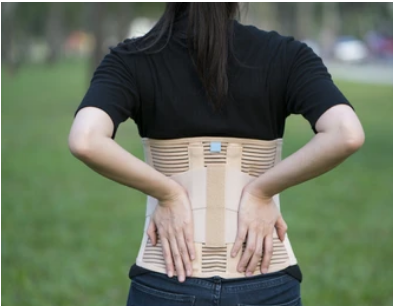
If you are suffering from a back injury, you might need to consider getting one of these. Back braces are devices that help to reduce the movement of the spine, and add stability when the lower back is unstable due to injured or weakened spinal structures.
With a back brace, you can reduce pressure on spinal structures, relieve lower back pain and protect yourself from suffering any more damage to your back. This device prevents you from extreme movements that could be damaging to your spine. Therefore, if you have any back pain, you could prevent it from worsening by wearing a back brace. You can get a brace to support your upper back or lumbar area.

Back braces are also ideal for correcting your posture. You must maintain the proper posture for your back to maintain the correct spinal position. Therefore, if you have a condition or often expose yourself to conditions that prevent you from keeping your back upright, you might benefit from using a lumbar back brace.

You can get a back brace over the counter or get a prescription. However, it would be best to consult a physician before buying one. This way, you will determine whether you need one and get help selecting the most suitable one for your issue.
If you get your back brace without a prescription, consider buying an adjustable one. Some back braces come with removable lumbar pads, which allow you to custom fit them to your needs.
-
Use a Lumbar Support Pillow

While sitting, you need to achieve the correct spine alignment to prevent back damage. Lumbar pillows offer basic support and allow you to sit comfortably with your back in its correct position. These back support tools have curves that bridge the gap between your lower back and the chair. Lumbar pillows help you sit while maintaining the curve on your spine. You do not need to push your back towards the backrest since you can lean on the pillow and retain your natural spinal curve.
With a lumbar pillow, you can sit on your office chair for hours without straining your back. Using this pillow often could protect you from lower back pain and back damage in the long run.
Pregnant people can also use these pillows since they can offer support to their lower spine as they get heavier.
-
Get a Lumbar Support Chair

You could be one piece of furniture away from relieving your back pain. Consider buying a lumbar support chair if you do not have a comfortable home or office seat.
These chairs come with cushions that protect your lower back from strain. The cushion is at the part of the chair where your lower back rests. Therefore, you can sit upright while leaning on the cushion.
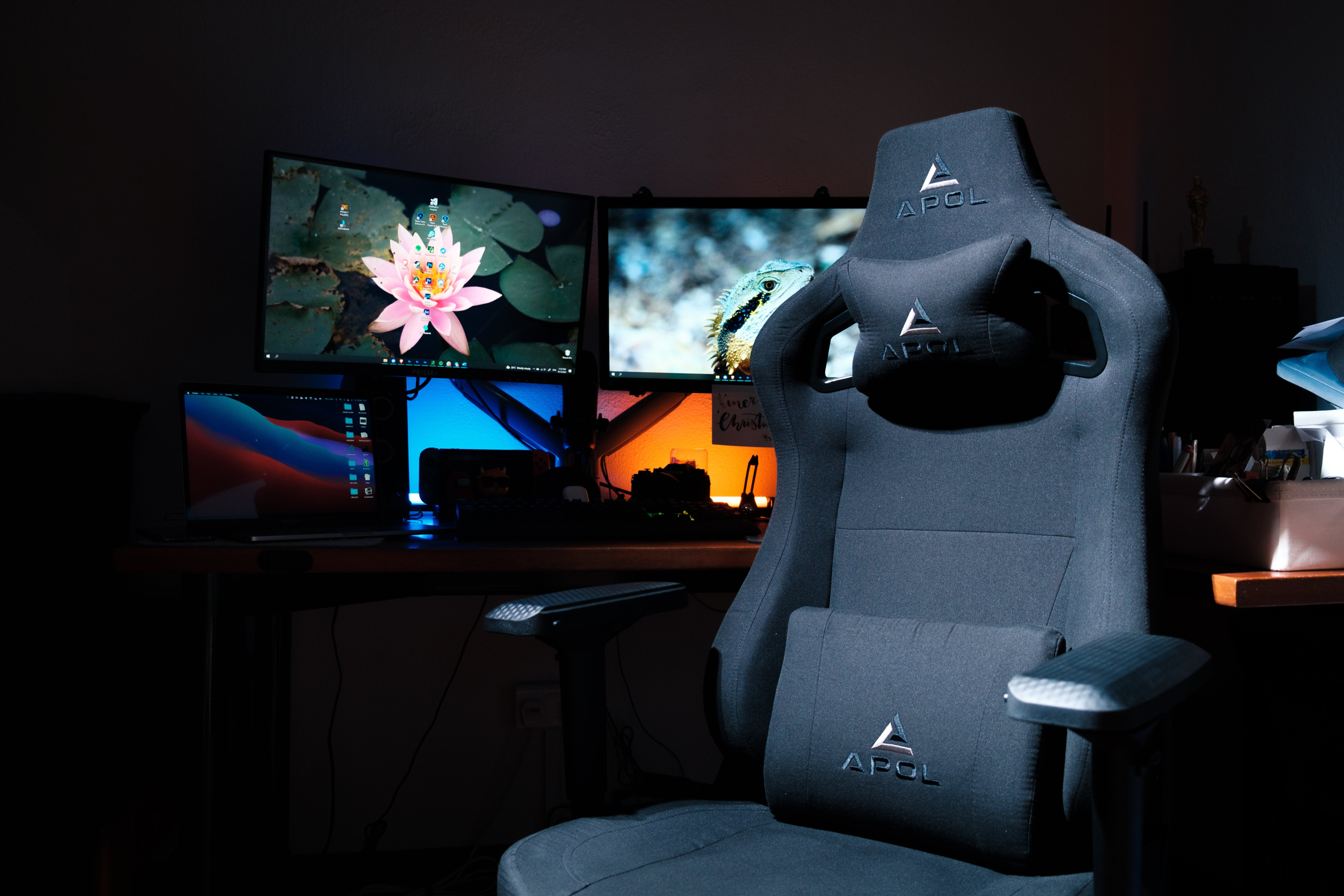
You need to select an ergonomic chair that supports your back effectively. There are numerous options in the market today, so you must ensure you get what your back needs. You can test whether a chair is ideal for you by sitting upright and leaning on the backrest.
If it gives your lower back a natural curve aligned with your spine, you will feel comfortable. If you feel some strain, it could mean that the cushion does not align with your spine’s natural curve. Ensure you settle for a comfortable ergonomic chair to avoid damaging your back.
Optimize Your Back Health

Having a healthy, pain-free, and strain-free back is a privilege you should do your best to maintain. It would be wise to ensure that your back is always comfortable. You could save yourself years of agony and health issues just by taking care of your back. Take your time and find support tools that effectively resolve or prevent back strain.
References
https://www.biospine.com/is-breathing-giving-you-back-pain/
https://www.ncbi.nlm.nih.gov/pmc/articles/PMC7824216/
https://www.cancer.gov/publications/dictionaries/cancer-terms/def/spine


